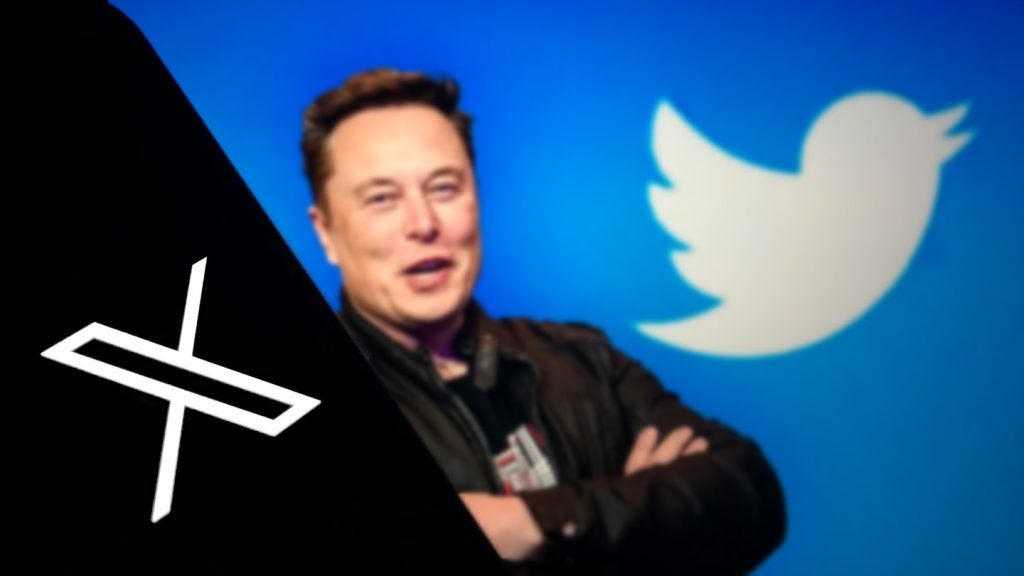
Educational technology, or edtech, as it’s known, is fast becoming one of the most interesting parts of the technological revolution.
In the UK, it’s predicted the market will reach £3.4bn by 2021, and the country is home to more than 1,200 edtech startups.
Looking to capitalise on this growth is Benoit Wirz, co-founder of a new venture capital (VC) firm, Brighteye Ventures.
Established alongside co-founder Alex Spiro, the firm launched with a head office in Luxembourg last November, as Europe’s first ed-tech focused firm.
What is Europe doing well in the space and where is edtech going in the future? Verdict spoke to Wirz to find out.
Building Europe’s first edtech VC fund
Wirz has a background in investing in edtech startups in the US after working for the Knight Foundation, which invests in early-stage startups mainly in media, edtech and govtech (government technology).
How well do you really know your competitors?
Access the most comprehensive Company Profiles on the market, powered by GlobalData. Save hours of research. Gain competitive edge.

Thank you!
Your download email will arrive shortly
Not ready to buy yet? Download a free sample
We are confident about the unique quality of our Company Profiles. However, we want you to make the most beneficial decision for your business, so we offer a free sample that you can download by submitting the below form
By GlobalDataThis was at the same time interest was growing in the sector. Wirz says this was down to a few reasons, including developments in the classroom.
He says:
Broadband adoption in classrooms has finally risen to over 90 percent. Half of kids in US schools are using computers everyday to learn and that means technology is becoming a much more powerful lever.
More technology in the classroom means there was an open space for more companies to grow. Wirz and Spiro saw an opportunity to enter the European market, using Spiro’s background in publishing and media in London.
Wirz says:
Part of the reason the edtech market took off in the US was because it started to look like other SaaS (software as a service) verticals. Our theory was that the same kind of dynamic could happen in Europe.
Europe is a bigger market than the US. Wirz says the size of the schools market, known as K-12 in the US, is between 20 percent and 40 percent bigger than the US. That means more opportunities for innovation.
Yet, if there’s so many opportunities for edtech companies in Europe, why hasn’t there been another fund like Brighteye Ventures before?
“To an extent, there’s less venture capital here and as a result, less specialist funds. Also, there’s more reticence around how you deal with markets that are more fragmented.
“But we see that as a real opportunity. We think the companies that can succeed across these different markets have more staying power because of the different barriers to entry in the UK, or France etc.”
Getting started and first investments
Brighteye Ventures raised its first fund, to the tune of $50m last year. This was mainly from European family offices interested in the space. It then announced its first two investments: Lightneer, a Finish-based company which uses games to teach particle physics by ex-Rovio employees, and Epic!, a US-based reading platform, known as Netflix for kids books.
Despite Brighteye’s tagline as Europe’s only edtech fund, it is still going to be looking at the US market for opportunities. Wirz says Brighteye will probably invest around 20 percent of funds in US companies looking to come to Europe, like Epic was.
Wirz says:
“Epic was looking at internationalising the product and opening markets in Europe so we were a nice partner for them.”
By default, it means Brighteye is looking at later-stage companies in the US.
“Here in Europe, even in the UK, most companies at seed stage are already thinking about international. Whereas, as the US is a bigger market, you can get to your Series B, C stage investments before you really think about international.”
In terms of investing in Lightneer, Brighteye isn’t the only company interested in the firm. The London-based technology accelerator Founders Factory counts Lightneer as one of its cohort. In addition, it raised $5m in seed funding in September last year to grow its first game, Big Bang Legends.
This is partly what attracted Brighteye to the company.
“We have a big belief in the idea that learning can be fun. What attracted us the strength of the team, their track record. Also, the strength of the intellectual property and the characters they’ve created are really dynamic, interesting and compelling.”
Edtech in Europe: the future and beyond
In general, the company is looking for a range of companies to fund from startups selling directly to consumers. In addition, it also has its eye on companies going straight into schools and universities.
One of the big trends Brighteye is seeing is the focus on personalisation within edtech. This is the application of machine learning and artificial intelligence (AI) and how that can improve learning software.
London’s startup scene prides itself on its AI companies, but Paris is also growing in terms of machine learning capabilities.
Wirz says:
“Almost every company you talk to in the space has at least a little application of machine learning.”
In addition, Brighteye is interested in the development of smart toys, kids’ toys which are Internet of Things (IoT) enabled, which offer either screen-lite or screen-free experiences. There are security risks associated with these kinds of startups, for instance the case of the company CloudPets that saw stuffed toys leak data about half a million users.
However, Wirz says companies are learning from experiences like CloudPets.
“We see there’s a lot of value there and the costs are coming down and the capabilities are coming up. We haven’t made any investments yet but I would be surprised if we didn’t make an investment [in this] in the next year.”
How is edtech going to grow?
At the moment, the global education market is worth around $6bn. Wirz doesn’t think it will go up much in terms of value. However, where we will see a change is how the money is being spent.
“The footprint of the sector is going to dramatically increase. That will be driven by the skills gap, the efficiency of technological skills. And, budget cuts in education in Europe as the population growth slows.”
As well, there is more momentum in investing in edtech in Europe. Since Brighteye launched last year, there’s a new rival venture capital firm in France. Named EduCapital, its backed by the country’s sovereign investment fund, BPIFrance.
Honestly, if we were the only people that did this it would mean we were crazy so it’s good to see other competition.
There’s starting to be more sector-focused funds which is a good sign for us and good the entrepreneurs as well.







